As Elon Musk and Jeff Bezos rocket companies lead a new space race, NASA is working on AI and robotics to farm space plants and feed interplanetary humans.
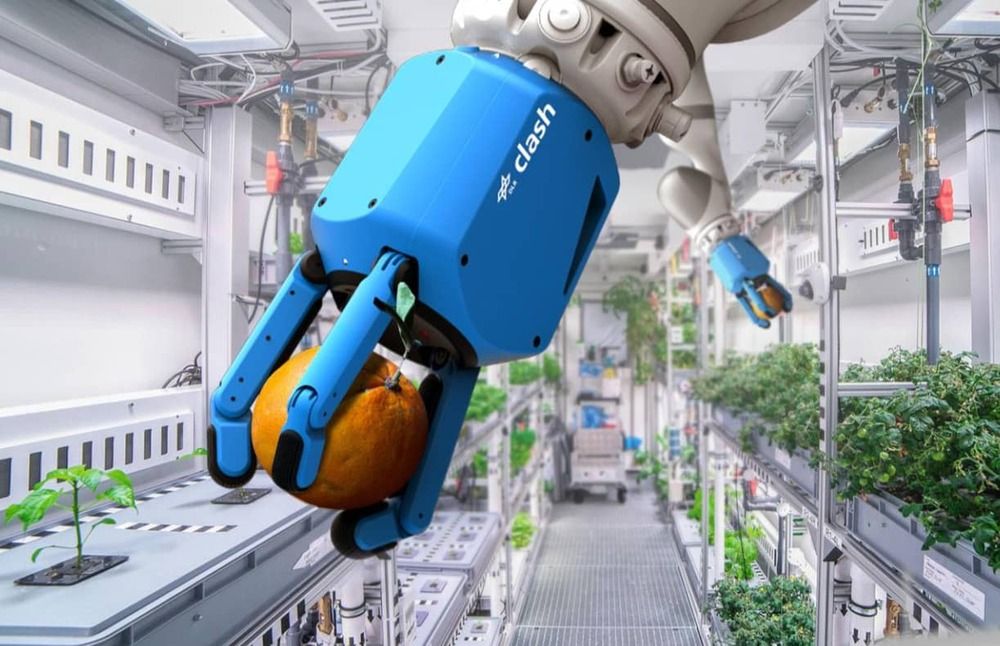

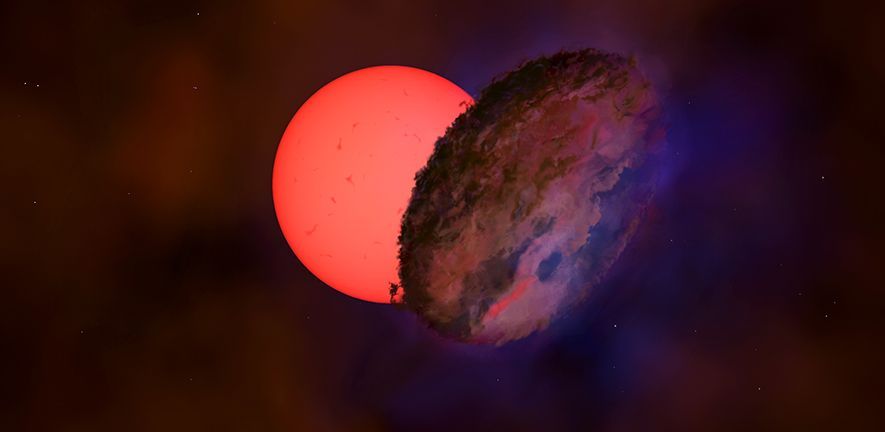
In this week’s edition of new unexplained astronomical phenomena, a team of astronomers led by Dr. Leigh Smith from Cambridge found a star 100 times larger than our sun that nearly disappears from the sky every few decades. They also have no idea why it does so.
The star, called VVV-WIT-08, is located 25000 light years away, and decreases in brightness by a factor of 30 rather than disappearing altogether. It’s not the first star to be discovered with this changing brightness pattern, but evidence is beginning to mount that this might just be another example of a new class of stars.
VVV-WIT-08’s name itself is calling out for an explanation. The “WIT” in the middle actually stands for “what is this”, which is what astronomers call stars that are difficult to classify into any particular established category.
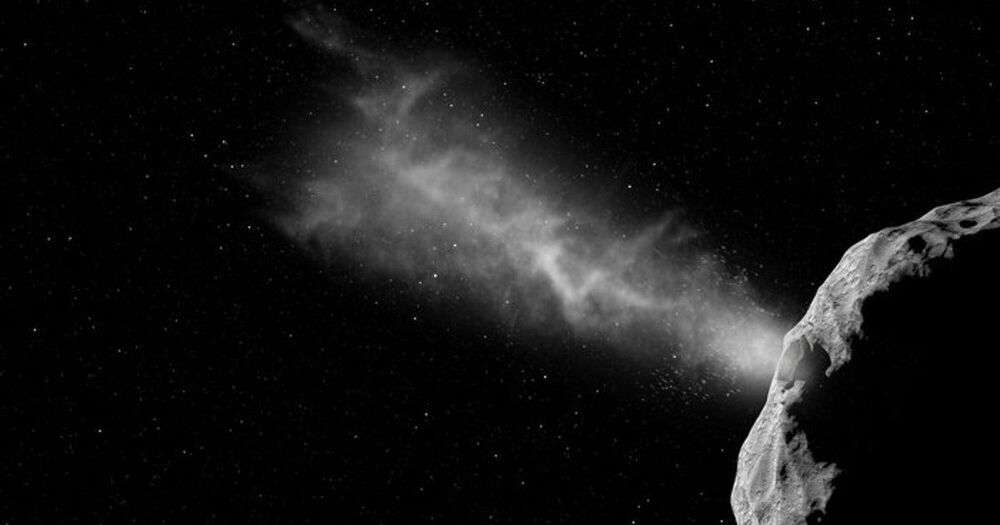
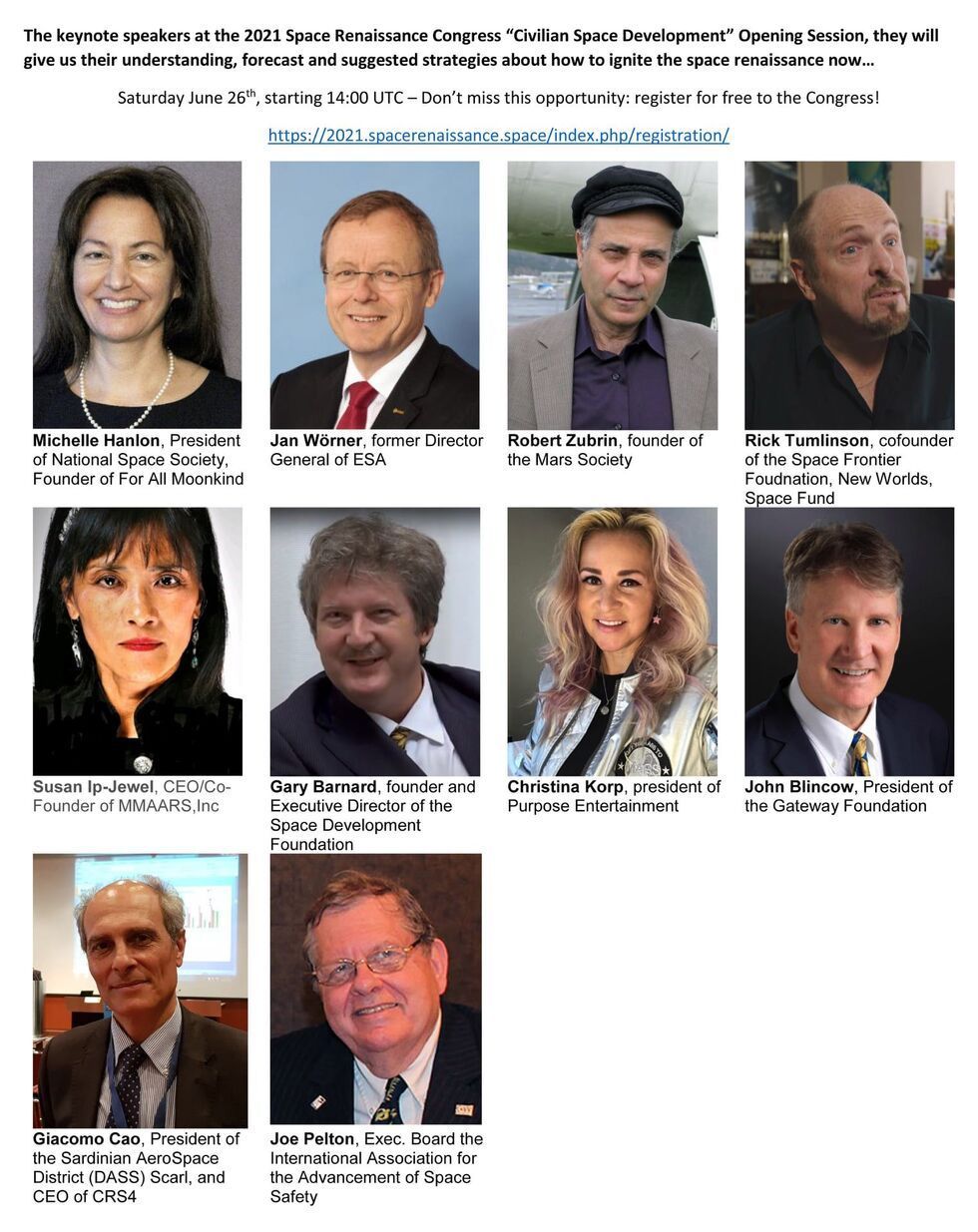
See More.
We’re proud, honored and very excited to guest some of the most active space advocats, who are working restless since many years, to kick off the expansion of civilization into the outer space.
They will share their understanding of the current time, so critical and so rich of great opportunities, their suggestions about what all of us can do to make the future happen NOW, going through the first essential steps of Space Settlement before 2030!
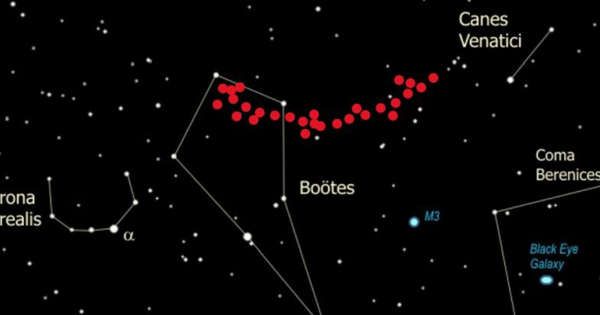
The Universe is a large place, and there are a lot of large things in it. Not just galaxies, but groupings of galaxies, and the cosmic web that connects them all together.
Scientists have just discovered what appears to be one of these groupings, and it could have serious implications for our understanding of the evolution of the Universe. It’s an almost-symmetrical arc of galaxies at a distance of 9.2 billion light-years away, and, at 3.3 billion light-years across, it’s one of the biggest structures ever identified.
Astronomers are calling it the Giant Arc, and, if confirmed, it joins a growing number of these giant structures. This number represents a dilly of a cosmological pickle.
The Shenzhou-12 crew, astronauts Nie Haisheng (commander), Liu Boming and Tang Hongbo, opened the hatch and entered the Tianhe core module on 17 June 2021, at 10:48 UTC (18:48 China Standard Time). Shenzhou-12 (神舟十二号) will spend three months attached to the Tianhe core module (天和核心舱), the first and main component of the China Space Station (中国空间站), informally known as Tiangong (天宫, Heavenly Palace).
Credit: China Central Television (CCTV)/China National Space Administration (CNSA)
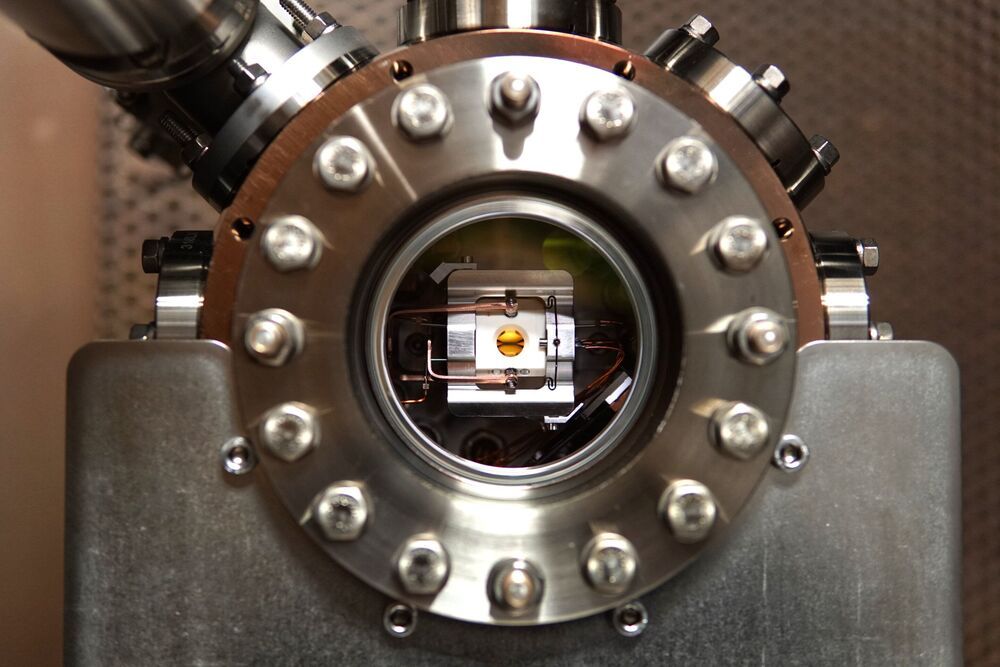
Quantum computers developed to date have been one-of-a-kind devices that fill entire laboratories. Now, physicists at the University of Innsbruck have built a prototype of an ion trap quantum computer that can be used in industry. It fits into two 19-inch server racks like those found in data centers throughout the world. The compact, self-sustained device demonstrates how this technology will soon be more accessible.
Over the past three decades, fundamental groundwork for building quantum computers has been pioneered at the University of Innsbruck, Austria. As part of the EU Flagship Quantum Technologies, researchers at the Department of Experimental Physics in Innsbruck have now built a demonstrator for a compact ion trap quantum computer. “Our quantum computing experiments usually fill 30-to 50-square-meter laboratories,” says Thomas Monz of the University of Innsbruck. “We were now looking to fit the technologies developed here in Innsbruck into the smallest possible space while meeting standards commonly used in industry.” The new device aims to show that quantum computers will soon be ready for use in data centers. “We were able to show that compactness does not have to come at the expense of functionality,” adds Christian Marciniak from the Innsbruck team.
The individual building blocks of the world’s first compact quantum computer had to be significantly reduced in size. For example, the centerpiece of the quantum computer, the ion trap installed in a vacuum chamber, takes up only a fraction of the space previously required. It was provided to the researchers by Alpine Quantum Technologies (AQT), a spin-off of the University of Innsbruck and the Austrian Academy of Sciences which aims to build a commercial quantum computer. Other components were contributed by the Fraunhofer Institute for Applied Optics and Precision Engineering in Jena and laser specialist TOPTICA Photonics in Munich, Germany.
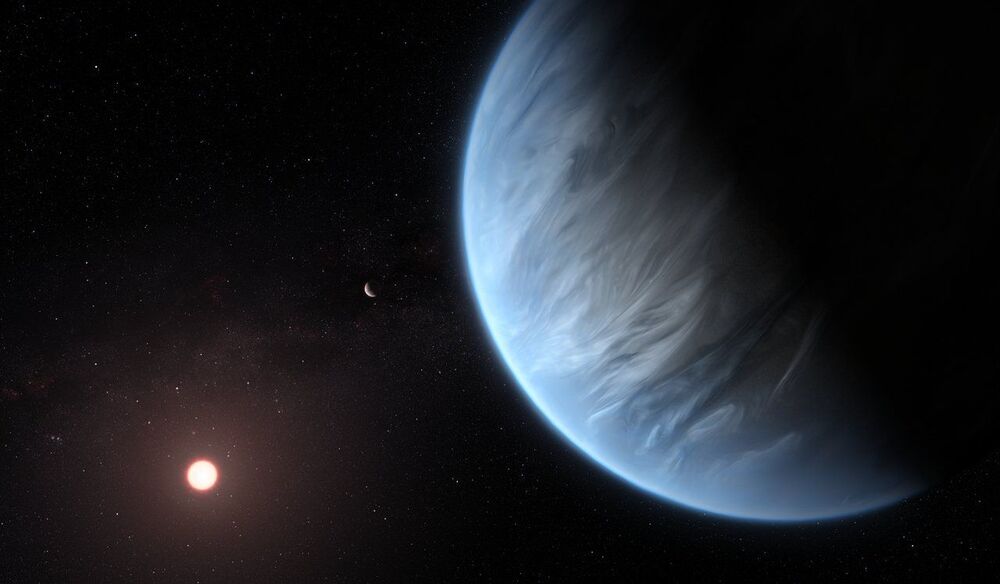
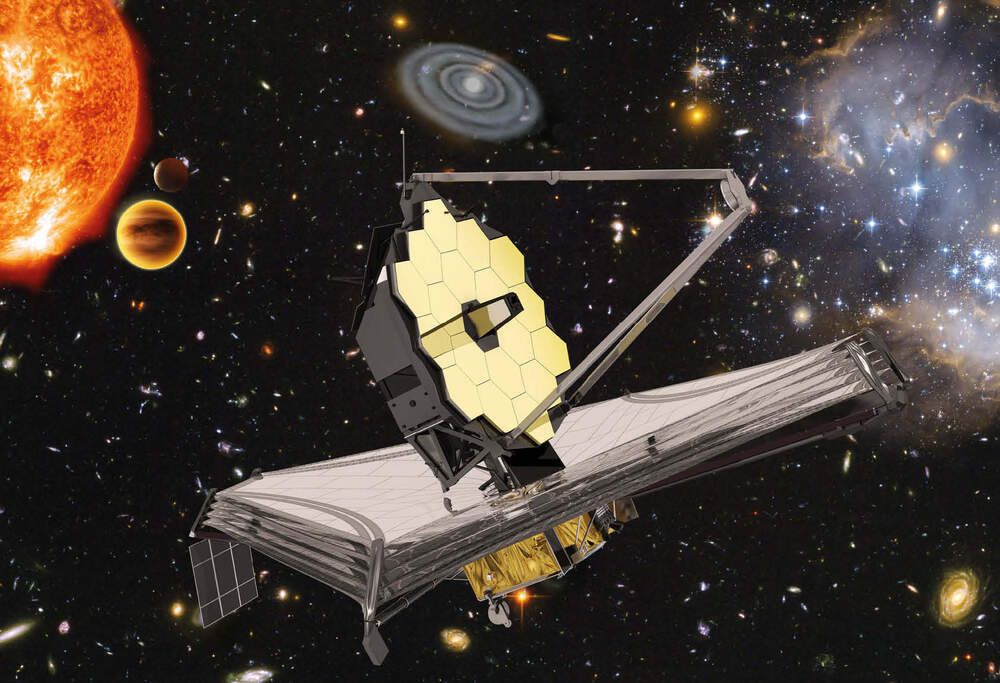
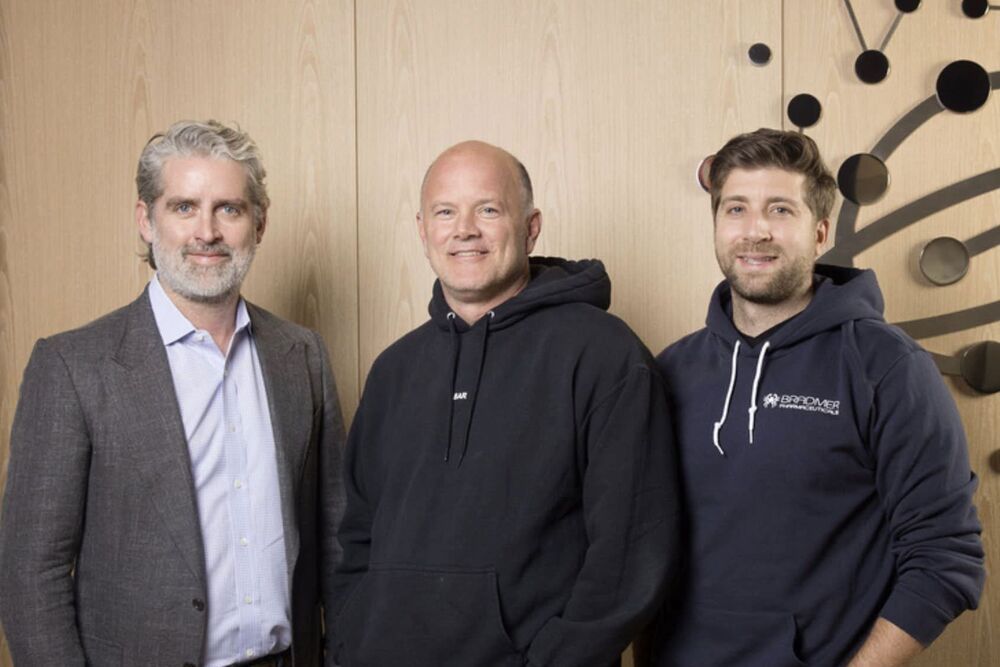
Goldman Sachs ramps up bitcoin trading in new partnership with Mike Novogratz’s Galaxy Digital.
The bank has begun trading bitcoin futures with Galaxy Digital, the crypto merchant bank founded by Mike Novogratz, CNBC has learned.
The trades represent the first time that Goldman has used a digital assets firm as a counterparty since the investment bank set up its cryptocurrency desk last month, according to Galaxy co-president Damien Vanderwilt.
The moves by Goldman, the preeminent global investment bank, may reverberate on Wall Street and beyond as banks increasingly face pressure from clients who want exposure to bitcoin. By being the first major U.S. bank to begin trading cryptocurrency, Goldman is essentially giving other banks cover to begin doing so as well, said Vanderwilt, a former Goldman partner who joined Galaxy last year.